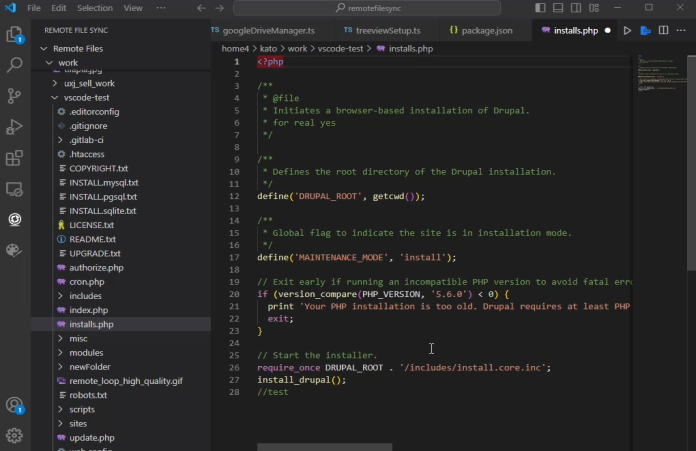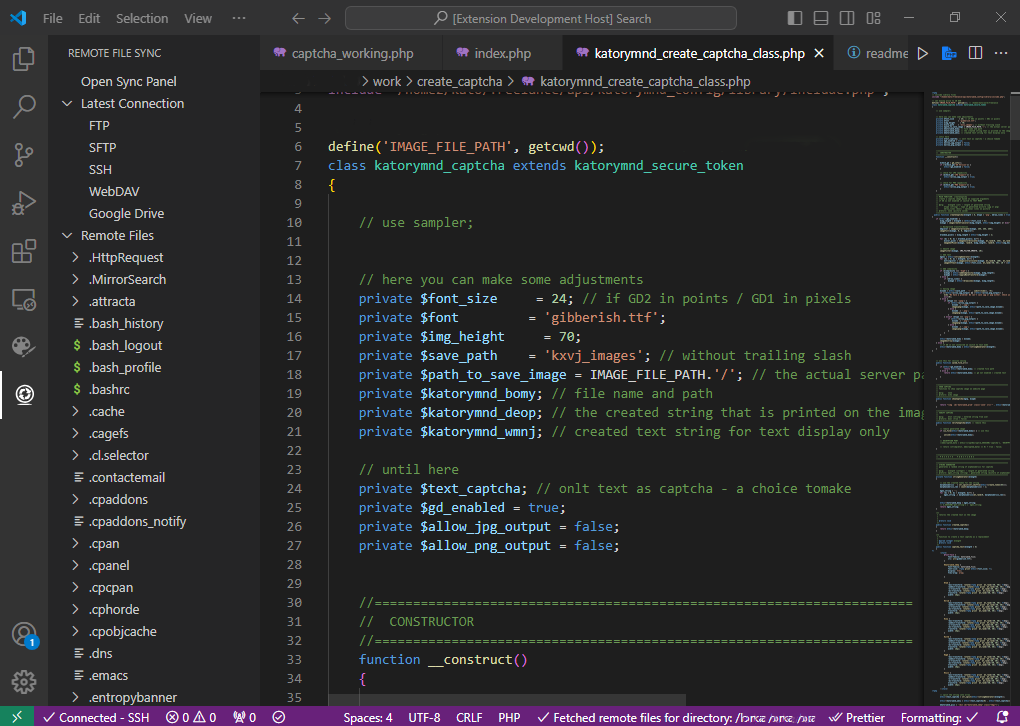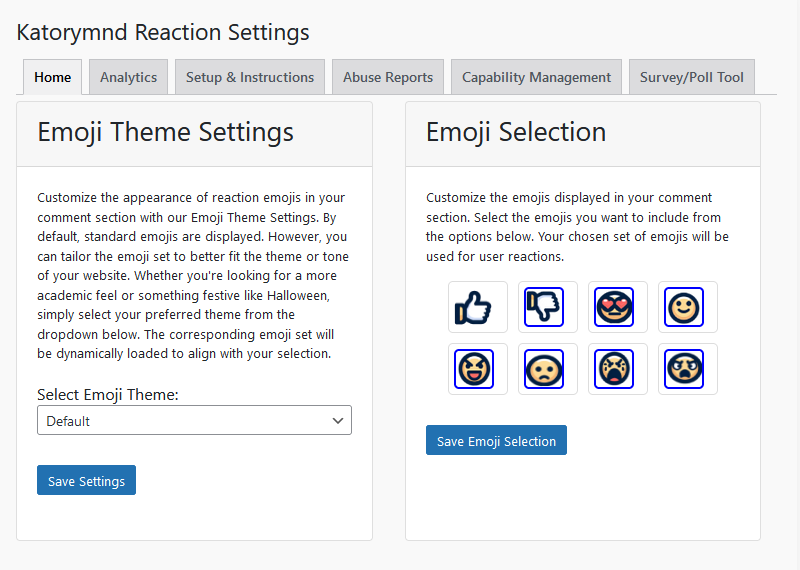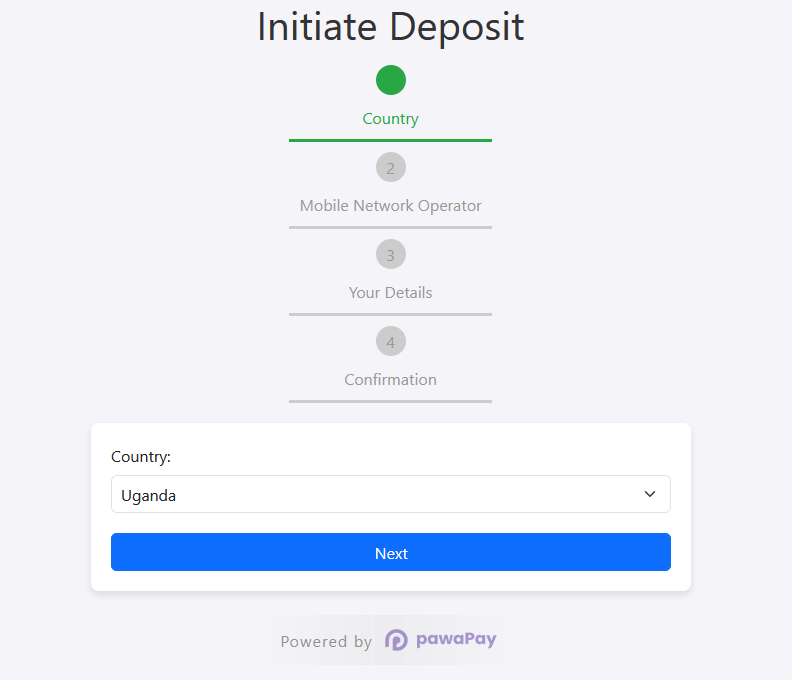Date: 2024-04-23 || Views: 520
Integrating Cybersecurity Best Practices into Website Design: A Guide for Developers
In the digital age, cybersecurity is a foundational element of website design, not just an afterthought. This article provides a comprehensive guide for developers on how to integrate essential cybersecurity best practices into website design to ensure robust protection from the outset.
The Importance of Cybersecurity in Web Design
Cybersecurity is critical to protect sensitive data, maintain user trust, and comply with regulatory requirements. A breach can result in severe financial and reputational damage, making security a crucial consideration from the initial stages of website development.
Key Cybersecurity Best Practices for Web Developers
1. Secure Coding Practices
Input Validation: Ensure all inputs are validated to prevent SQL injection and other attacks.
Error Handling: Implement secure error handling that does not expose sensitive system information.
Regular Code Audits: Conduct regular code reviews and audits to identify and mitigate vulnerabilities.
2. Data Encryption
In Transit: Use SSL/TLS to secure data as it moves between the server and client.
At Rest: Encrypt sensitive data stored in databases and other storage solutions.
3. Authentication and Authorization
Strong Authentication Mechanisms: Use multi-factor authentication (MFA) to enhance login security.
Role-Based Access Control (RBAC): Ensure users have access only to the resources necessary for their roles.
4. Regular Security Updates and Patch Management
Stay current with the latest security patches for all software and third-party services used on the website.
5. Cross-Site Scripting (XSS) and Cross-Site Request Forgery (CSRF) Protection
Implement measures to protect against XSS and CSRF attacks, such as proper sanitization of user inputs and use of anti-CSRF tokens.
Integrating Security into the Design Process
Threat Modeling: Begin with threat modeling to understand potential security threats and how to address them in design.
Security by Design: Incorporate security features at every stage of the website development process.
User Education: Design interfaces that guide users in secure practices, such as alerting them to the risks of weak passwords.
Testing and Maintenance
Penetration Testing: Regularly perform penetration testing to identify and fix security vulnerabilities.
Continuous Monitoring: Implement continuous monitoring tools to detect and respond to security incidents in real time.
Integrating cybersecurity best practices into website design is not merely a technical requirement but a business imperative. By embedding security into the foundation of a website, developers can not only protect their projects but also build trust with their audience, ensuring a safer web for everyone.
Explore Katorymnd's web design innovations in Uganda, showcasing custom solutions,...
Discover troubleshooting tips for Remote File Sync, including solutions for...
Discover how to enhance user interaction on your WordPress site...
Katorymnd Portfolio
Here is how I helped my clients reach their goals. Click on the portfolio websites.
Remote File Sync - VS Code Extension
A VS Code extension to manage and synchronize your remote and local files efficiently, supporting FTP, SFTP, SSH, WebDAV, and Google Drive connections.
Katorymnd Reaction Process - WordPress Plugin
A WordPress plugin that introduces a dynamic and interactive layer to your site, allowing users to express their feelings and thoughts on your content through a variety of reaction options.
pawaPay SDK - Payment Integration
The pawaPay SDK provides seamless mobile money integration into your PHP applications, enabling smooth transaction processing with powerful API features.
Get started now
© Copyright 2025 - Katorymnd Web Solutions - All Rights Reserved. Registered with Uganda Registration Services Bureau.












